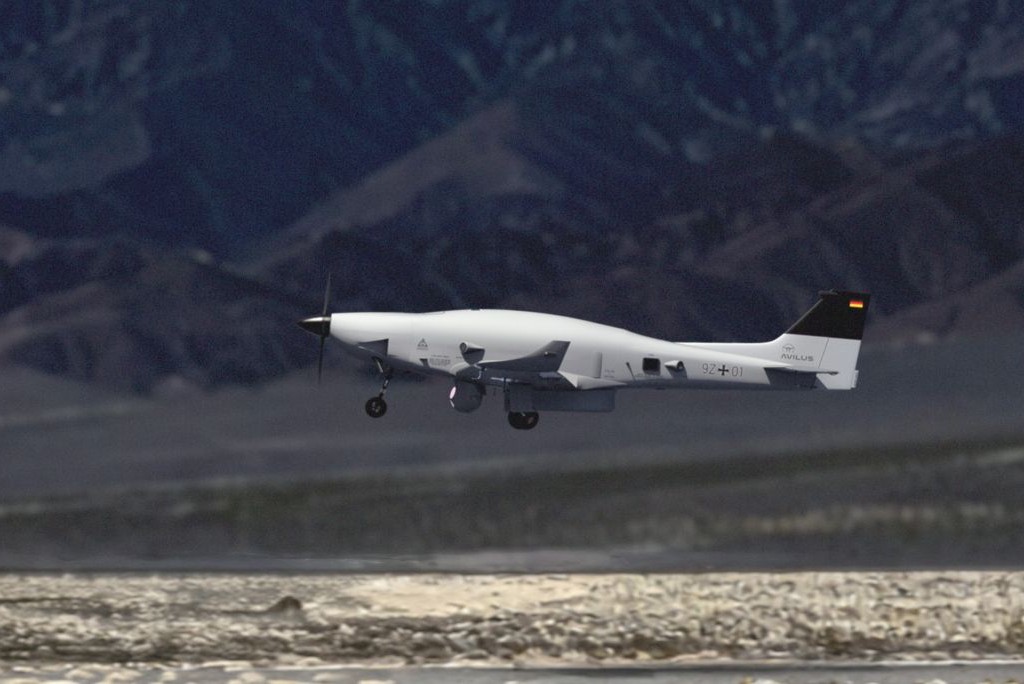Boeing and Leonardo Collaborate on U.S. Army Flight Training Revamp
Strategic Partnership to Enhance Rotary-Wing Instruction
In a significant development for military aviation, leading U.S. aerospace manufacturer Boeing has formed a partnership with Italian defense company Leonardo to propose a contractor-owned, contractor-operated (COCO) solution for the U.S. Army’s rotary-wing training program. This announcement was made during the recent Association of the U.S. Army Annual Conference held in Washington, D.C. The collaboration aims to align with the Army’s ongoing initiative to modernize its flight training processes.
Addressing Flight Training Challenges
The U.S. Army is confronting persistent issues with aviation accidents as it undertakes a comprehensive revision of its pilot training protocols. Key elements of this overhaul involve reassessing the types of aircraft utilized in training, with a notable focus on transitioning to a COCO model rather than the traditional government-operated schools. This change is largely motivated by a desire to improve training effectiveness and enhance pilot preparedness.
Major considerations include:
- The introduction of single-engine helicopters to streamline training.
- A potential shift to a more agile and scalable training structure.
- Increased emphasis on foundational aviation skills.
Financial Implications of Training Revitalization
A 2020 study commissioned by the Army through the Boston Consulting Group revealed that transitioning to single-engine trainer aircraft could yield savings in the hundreds of millions of dollars. Supportive research conducted by an MBA fellowship at the College of William & Mary further corroborated these findings, suggesting that a COCO framework would likely deliver enhanced operational efficiencies compared to the existing government-operated model.
Accelerated Timeline for Proposal Evaluation
The U.S. Army is moving decisively, having already disseminated a draft request for proposals to expedite the selection process. Final requests are expected soon, with intent to evaluate submissions by 2026. According to Maj. Gen. Clair Gill, who oversees the Army Aviation Center of Excellence at Fort Rucker, Alabama, the service aims to implement a new training solution by early fiscal year 2027.
Advantages of the Boeing-Leonardo Collaboration
Boeing brings a robust background in Army aviation, supplying critical platforms such as the AH-64 Apache and CH-47 Chinook helicopters. This legacy of innovation complements Leonardo’s extensive experience with the AW119T trainer helicopter, which has amassed over 100,000 flight hours, including over 16,000 under instrument flight rules.
Highlighted capabilities of the partnership include:
- Comprehensive training solutions that integrate live, virtual, and constructive simulation.
- Development of instructor training programs and cockpit procedure trainers.
- A long-term strategy that focuses on measurable improvements in aviator performance and operational readiness.
As articulated by Boeing’s John Chicoli, the collaboration aims to deliver “a turnkey, innovative approach” to rotary-wing training, enhancing both proficiency and sustainment efficiencies across the program’s lifecycle.
Looking Ahead: Expanding Training Horizons
Beyond merely supplying aircraft, the Boeing-Leonardo team intends to provide a multifaceted training service designed to elevate flight hours and skill levels. This flexible and scalable model will adapt to evolving training requirements, thereby positioning the Army to meet future operational demands.
As the Army continues to refine its approach to aviation training, the implications of these changes will resonate throughout military readiness and operational effectiveness. By leveraging industry expertise and innovative training methodologies, Boeing and Leonardo are poised to redefine the landscape of Army flight instruction.





